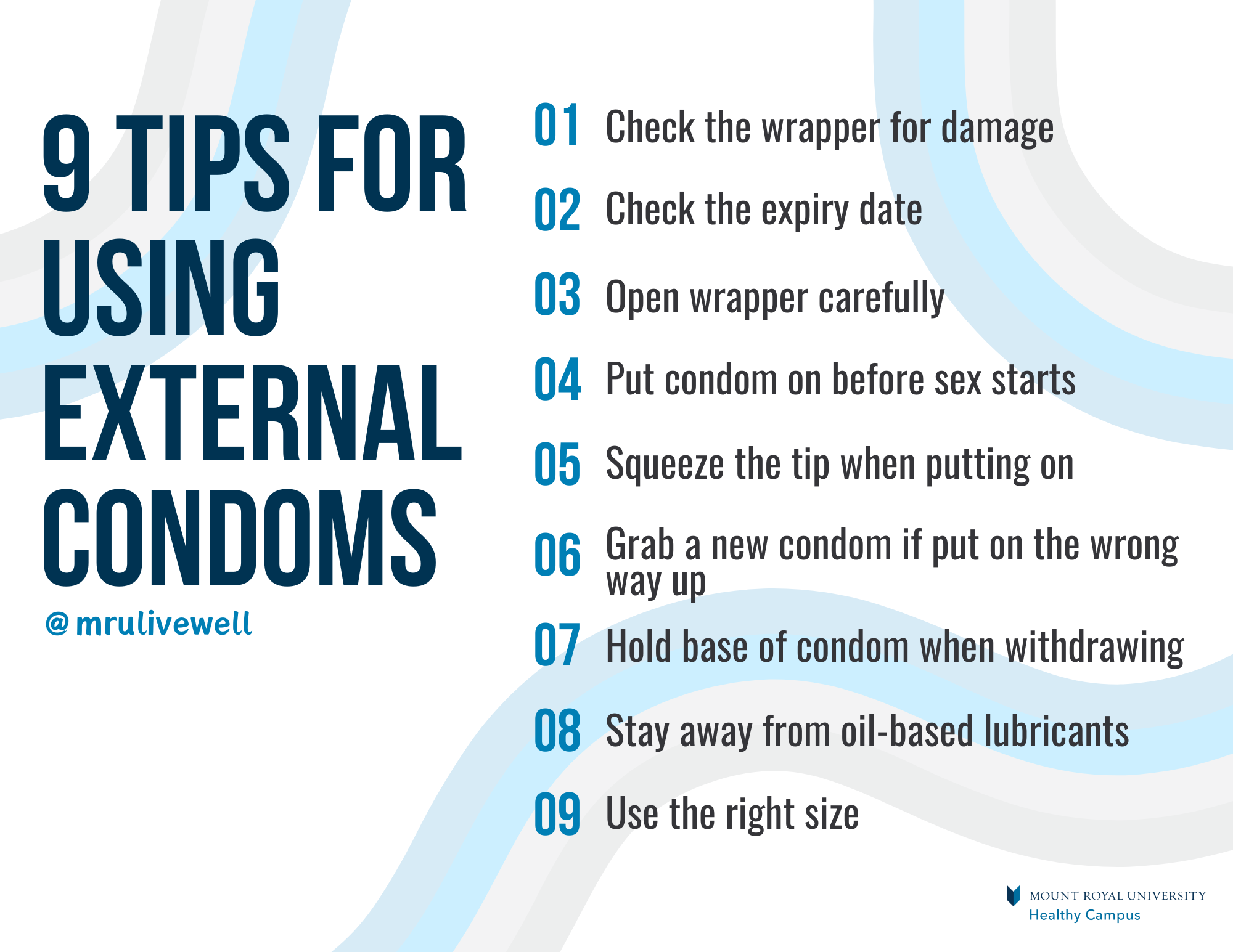
Sexual health isn't just about avoiding diseases; it's also about fostering a positive connection to sex and maintaining healthy sexual relationships. Sexual relationships can take various forms beyond serious monogamous commitments. You might prefer engaging in more casual sexual encounters, such as hookups with multiple partners or one-night stands, or you may be involved in polyamorous relationships. Regardless of your preferences, it's important to follow safer sex practices.
Sexually transmitted infections (STIs), also known as sexually transmitted diseases (STDs), spread through vaginal, oral, and/or anal sex. Common STDs include chlamydia, herpes, and gonorrhea.
To help curb the spread of infections, reliably practice safer sex by using protection, such as condoms, and communicating with your sexual partner. Many STIs are easy to treat once detected, so regular testing is crucial.
How to Have Safer Sex?
Open Communication With Your Partner
Open communication with your sexual partner is crucial for safer sex. Ask about their STI status and when they were last tested. Discuss your desires, expectations, and boundaries to ensure mutual understanding.
Get Tested for STIs
Regular STI testing is essential since some infections don't show symptoms. Get tested before engaging in sexual activity with a new partner and share your results. Campus health centers offer testing, and you can also get vaccinated against STIs like HPV and Hepatitis A and B.
Know How to Recognize the Signs of Infection
Being aware of STD symptoms allows you to seek timely medical advice and testing. Symptoms can include sores, bumps, painful urination, unusual discharge, and pain during sex. Recognizing these signs in yourself and your partner helps in early detection and treatment.
Avoid Alcohol and Drug Use
Alcohol and drug use can impair judgment, leading to risky sexual behavior. Avoiding these substances helps ensure you make safe decisions, like using protection and communicating with your partner. Staying sober reduces the likelihood of engaging in unsafe sex.
Use Condoms or Other Barriers When Engaging in Sexual Activity
Condoms and other barrier methods, such as internal condoms and dental dams, help prevent the spread of STDs. These items are widely available at stores, pharmacies, and often for free at campus health centers. Using barriers is a reliable way to protect yourself and your partner during sexual activity.

Access safer sex supplies
External condoms are availble outside the Healthy Campus Office (I-151) or in the Wellness Services waiting area
Internal condoms and dental dams are available from Healthy Campus by request (visit I-151 or email heatlhycampusteam@mtroyal.ca)

